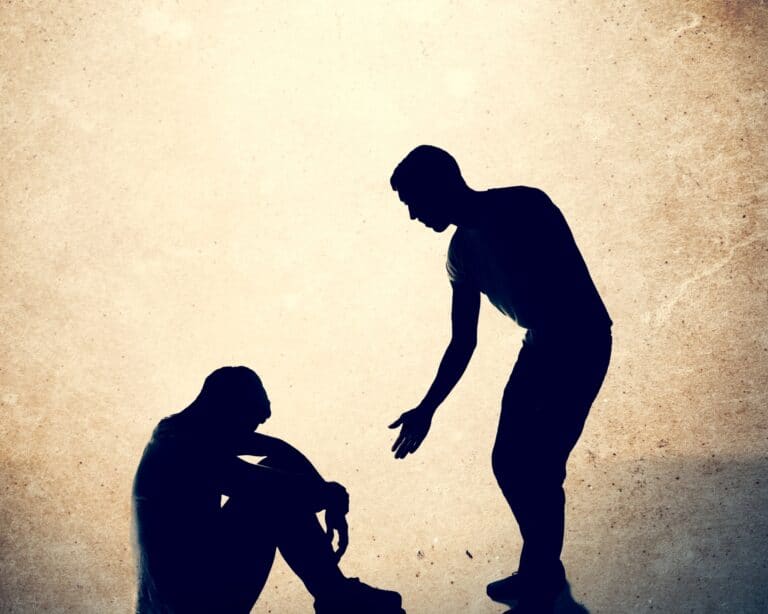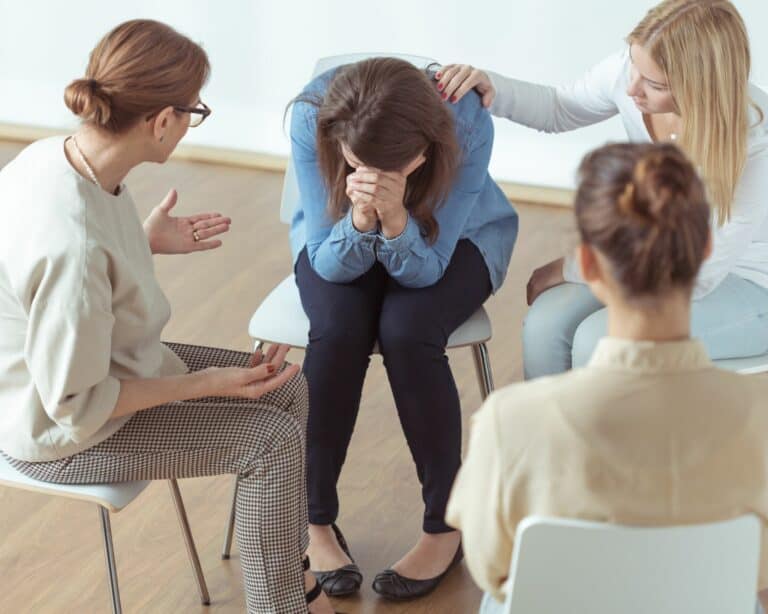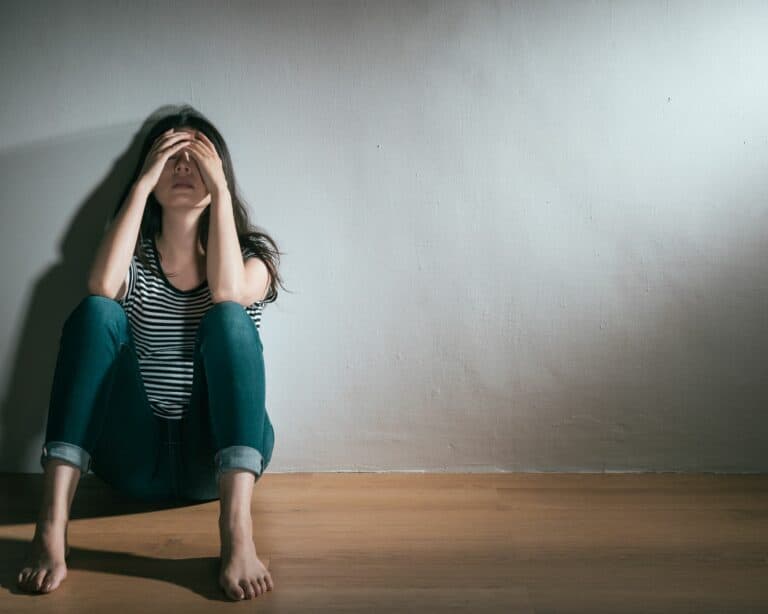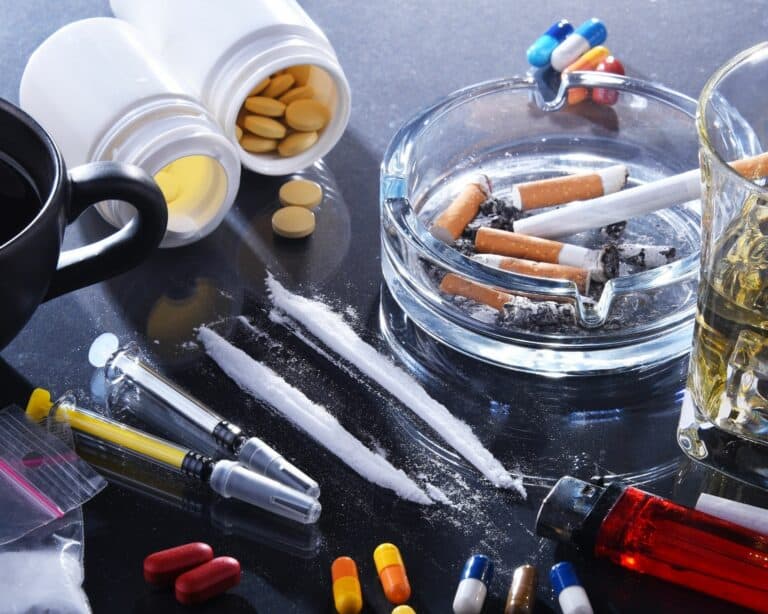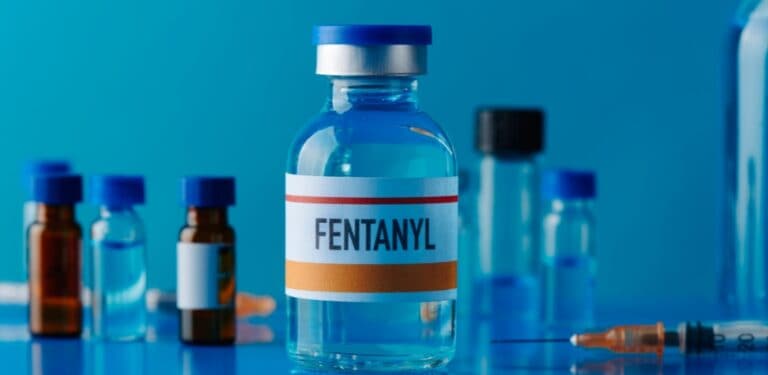Drug Addiction
Explore articles on drug addiction, a chronic condition marked by uncontrollable drug-seeking behavior despite harmful consequences. Drug addiction leads to brain changes that weaken self-control, making relapse common even after long periods of abstinence. However, relapse does not mean treatment has failed. Effective treatment is ongoing and adaptable, often requiring updates to meet changing needs.

Can You Get Addicted to Gabapentin? Understanding Gabapentin Addiction and When It’s Time to Get Help
Gabapentin is a prescription medication used to treat seizures and other neurological conditions. It is often sold under the brand…

LGBTQ Addiction Treatment: The Correlation Between Mental Health and Substance Abuse in the LGBTQ+ Community
Mental health and substance abuse are two major concerns within the LGBTQ+ community. These issues can significantly impact the well-being…

Changing the Stigma of Drug Addiction
Substance use disorders are often misunderstood and stigmatized. Previously, alcohol or drug addiction was seen as a moral failing or…

Fentanyl Addiction Treatment Boston
With fentanyl abuse becoming more and more common, Woburn Addiction Treatment in the Boston area is committed to offering individualized…

Fentanyl Rehab Near Me
Fentanyl, a highly potent and addictive opioid, has emerged as the leading cause of opioid-related overdose deaths in recent times.…

Is Drug and Alcohol Rehab Really Better Than Quitting Cold Turkey?
Admitting to yourself that you have a drug or alcohol problem is the first step toward liberation from a dangerous…

7 Signs of Heroin Abuse and Addiction
Heroin is a highly potent opioid drug that has no approved medicinal uses. It is an illegal drug and one…

Can You Send Someone to Rehab Against Their Will?
Watching a loved one struggle with addiction is stressful and painful. Unfortunately, addiction often leads to an array of negative…

Why is Relapse So Common in Heroin Addicts and How Can You Find Treatment that Works?
Addiction is a chronic and relapsing disease, so relapse is a normal part of recovery for many people. In fact,…

Does Addiction Get Worse Without Professional Treatment?
Addiction is a complex and chronic disease that can have significant impacts on an individual’s physical and mental health, as…

How to Find an Outpatient Rehab for Heroin Addiction in Massachusetts
Heroin addiction is a growing problem in Massachusetts and across the United States, with many individuals struggling to find effective…

Can You Get Addicted to Suboxone?
According to the U.S. Department of Health and Human Services, 10.1 million Americans reported misusing prescription opioids in the past…

What are the Best Treatments for Opioid Use Disorder?
Opioid use disorder (commonly referred to as opioid addiction) affects over 2.7 million people in the United States.[1] Opioid overdoses…

Ativan Withdrawal Symptoms, Timeline, and Treatment
Ativan is the brand name for a less potent benzodiazepine, medication called lorazepam which is a schedule iv drug. Lorazepam…

What Are the Effects of Long-Term Opioid Abuse and How Can Going to Rehab Help?
Opioid use is an epidemic in the United States. The levels of opioid abuse reached a crisis point in 2017…

Benzodiazepine Detox Center in Massachusetts
What are Benzodiazepines? Benzodiazepines are prescription drugs often intended to treat anxiety and seizure disorders. Sometimes, these substances are also…

Dangers of “Nodding Off” on Heroin and Opiates: What Does Nodding Off on Heroin or Other Drugs Mean?
When someone you love starts abusing drugs, you may notice a handful of concerning signs and symptoms. A common symptom…

Long-Term Effects of Benzodiazepines and Why Going to Rehab Can Help You Avoid Them
Benzodiazepines are a class of central nervous system depressant drugs that produce sedation and hypnosis, relieve anxiety and muscle spasms,…

7 Signs of Cocaine Abuse and Addiction in a Loved One
According to the National Institute on Drug Abuse (NIDA), 4.8 million people abused cocaine in 2021 and 1.4 million people…

5 Signs You’ve Hit Rock Bottom in Your Addiction and Need to Go to Rehab
Addiction can change the way you think, feel, and behave. It can be so powerful that you are driven to…

How to Convince an Adult Child to Go to Rehab
Watching your adult child struggle with substance abuse and addiction can make you feel guilt, anger, anxiety, and hopelessness. It’s…

Can I Quit Using Heroin Cold Turkey?
Heroin, a potent and highly addictive opiate drug, poses significant risks to those who use it. Individuals who engage in…

How to Find Treatment for Percocet Addiction in Massachusetts
Prescription opioids can effectively treat pain and improve the quality of life in people experiencing acute or chronic pain, however,…

Hydrocodone Withdrawal Timeline, Symptoms, and Detox Treatment
Hydrocodone is a prescription opioid medication that is prescribed to treat the symptoms of pain. While hydrocodone is effective in…

Methadone Withdrawal Symptoms, Timeline, and Treatment
Methadone is a long-acting synthetic opioid medication that plays a pivotal role in the management of opioid use disorder and…

What to Expect From a Vicodin Rehab Program in Massachusetts
Vicodin, a well-known prescription painkiller, combines hydrocodone and acetaminophen in its formulation. It's important to note that acetaminophen is an…

6 Long-Term Effects of Xanax Abuse and How a Drug Rehab Center Can Help
Xanax is a brand-name medication containing the benzodiazepine drug, alprazolam. Alprazolam is the most widely prescribed and used benzodiazepine medication…

4 Signs of Xanax Addiction: Is it Time to Go to Rehab?
Xanax is the brand name for a popular benzodiazepine drug called alprazolam. It is the most widely prescribed and abused…

Where Can I Get a Professional Substance Abuse Evaluation?
Drug and alcohol addiction can keep you from living the life you want to live. Caring, comprehensive substance abuse treatment…

Why is there Stigma About Going to Rehab and How Can You Overcome Addiction Stigma?
Most people are aware of the stigma that is attached to addiction. You have probably heard someone use the terms…

Why do Some People Get Addicted and Others Don’t? Understanding Risk Factors for Addiction
Plenty of people experiment with substances, from alcohol to marijuana and even cocaine. While some people can use drugs and…

5 Most Addictive Drugs and When to Get Help
Addiction is a complex disease characterized by compulsive, uncontrolled drug or alcohol abuse. Anyone can be affected by addiction, and…

Why is Fentanyl So Dangerous?
Understanding Why it’s Important to Get Help for Fentanyl Addiction Why is Fentanyl dangerous? Over the last 20 years, the…











